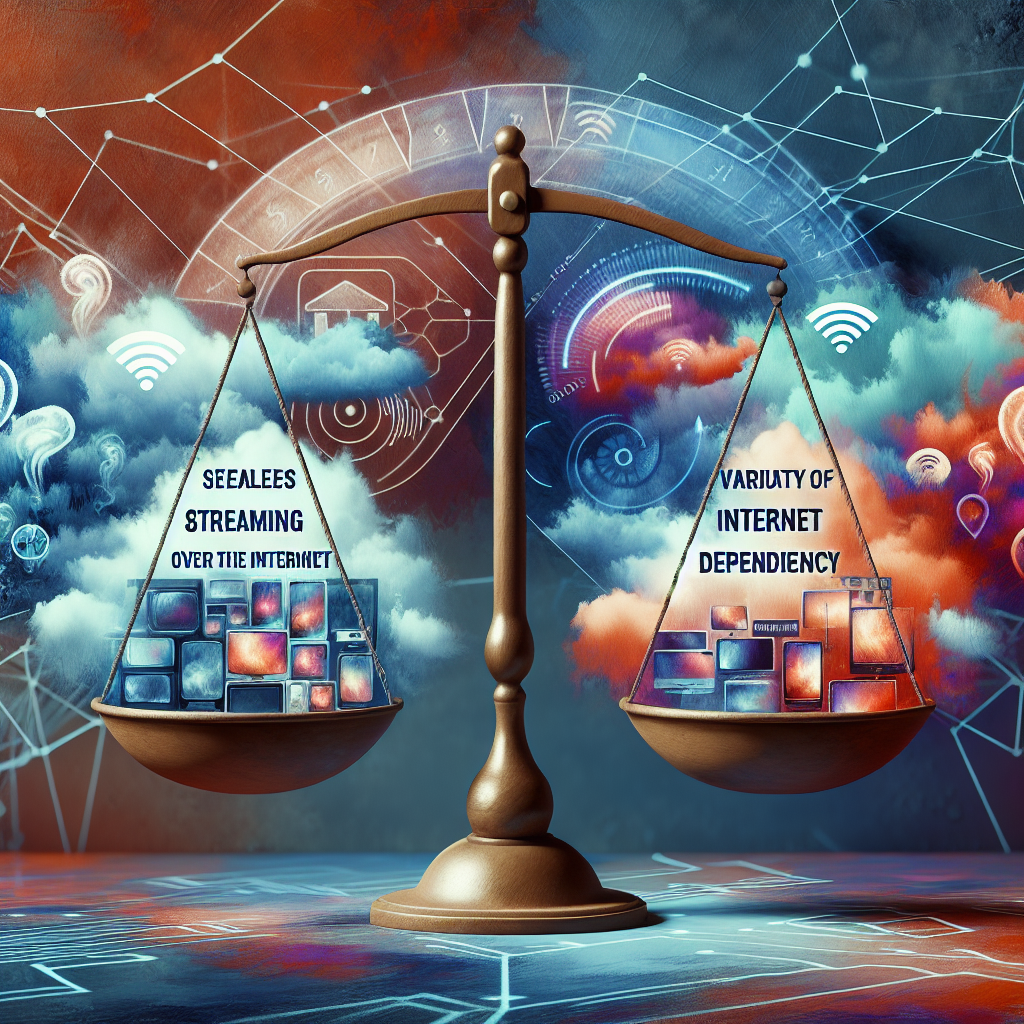Internet Protocol Television (IPTV) is a popular choice for those looking to cut the cord on traditional cable and satellite services. With IPTV, viewers can access their favorite channels and shows through an internet connection, rather than through traditional means. However, like any technology, IPTV has its pros and cons. So, is it worth making the switch? Let’s take a look at the advantages and disadvantages of IPTV.
Pros:
1. Cost-effective: One of the biggest advantages of IPTV is its cost-effectiveness. With IPTV, viewers can access a wide range of channels and shows at a fraction of the cost of traditional cable or satellite services. This can result in significant savings over time.
2. Flexibility: IPTV offers viewers the flexibility to watch their favorite shows on multiple devices, including smartphones, tablets, and smart TVs. This means that viewers can watch their favorite shows anytime, anywhere, without being tied to a specific location.
3. Variety of channels: IPTV offers viewers access to a wide variety of channels, including sports, news, entertainment, and more. This means that viewers can find something to watch no matter what their interests are.
4. On-demand content: With IPTV, viewers can access on-demand content, meaning they can watch their favorite shows and movies whenever they want. This is a major advantage over traditional cable and satellite services, which often require viewers to watch shows at specific times.
Cons:
1. Internet connection required: One of the biggest disadvantages of IPTV is that it requires a stable internet connection. Without a reliable internet connection, viewers may experience buffering and poor video quality.
2. Limited availability: While IPTV is becoming more popular, it is not yet available in all areas. This means that some viewers may not be able to access IPTV services, depending on their location.
3. Legal issues: Some IPTV services may offer pirated content, which can lead to legal issues for viewers. It is important to use reputable IPTV providers to ensure that you are accessing legal content.
4. Quality of service: The quality of IPTV services can vary depending on the provider. Some providers may offer high-quality streams, while others may have poor video quality and reliability.
In conclusion, IPTV offers a number of advantages, including cost-effectiveness, flexibility, and a wide variety of channels. However, it also has its disadvantages, such as the need for a stable internet connection and potential legal issues. Ultimately, whether or not IPTV is worth making the switch depends on your individual needs and preferences. If you are looking to save money and have more flexibility in your viewing options, IPTV may be worth considering.


Leave a Reply